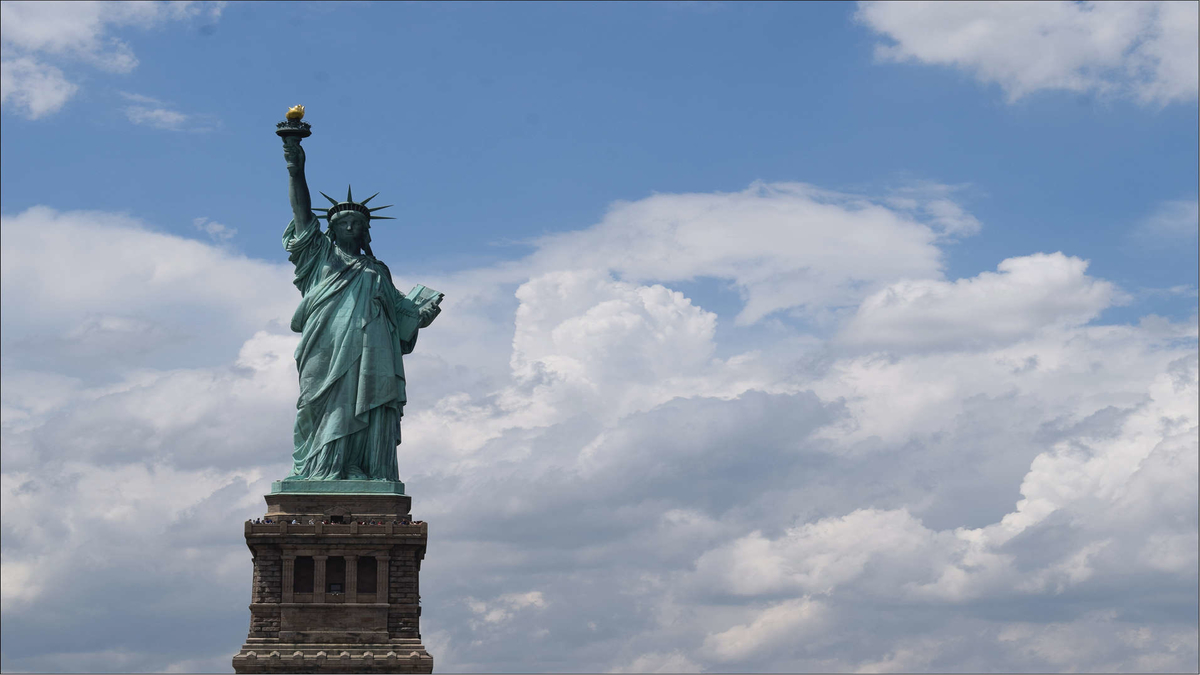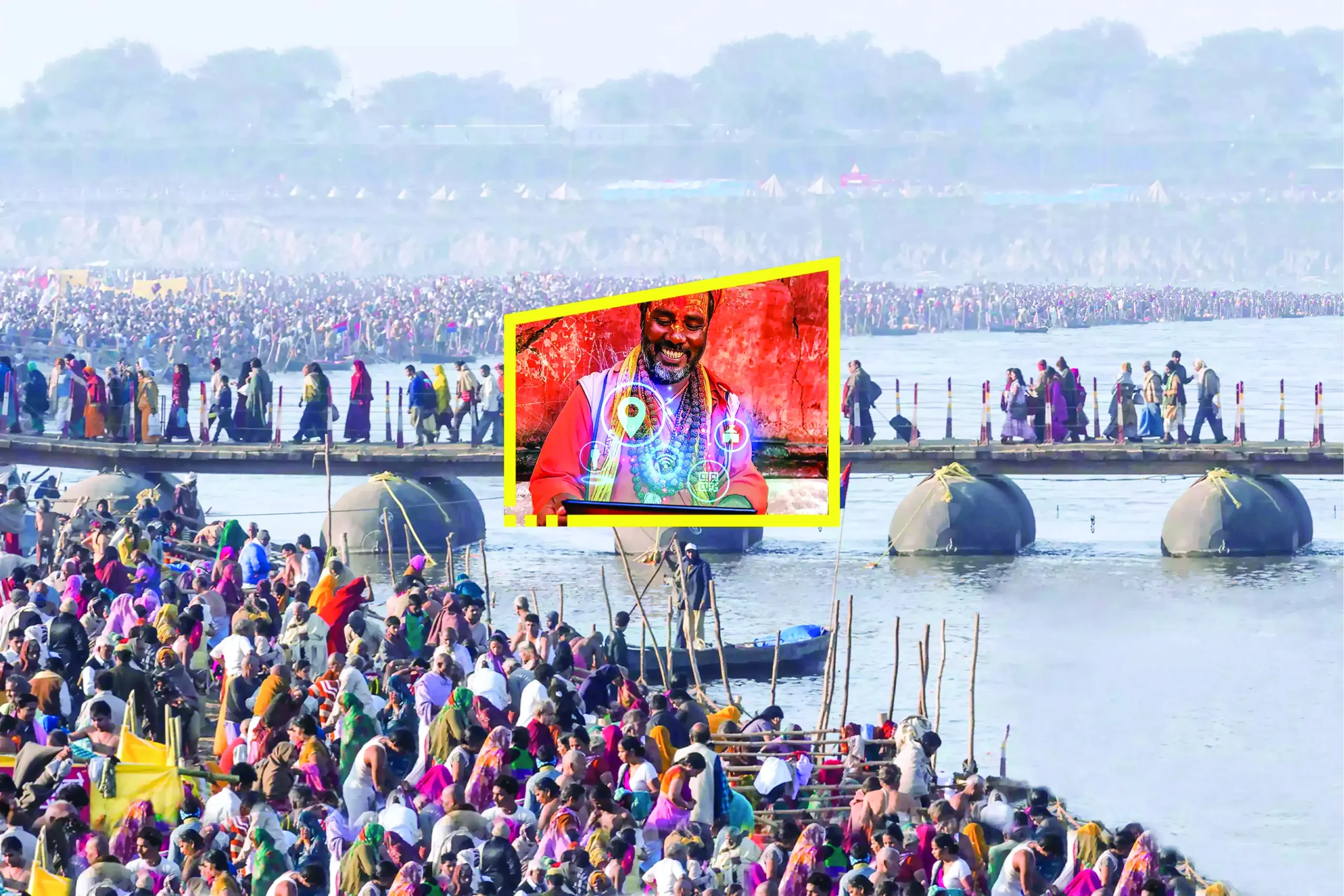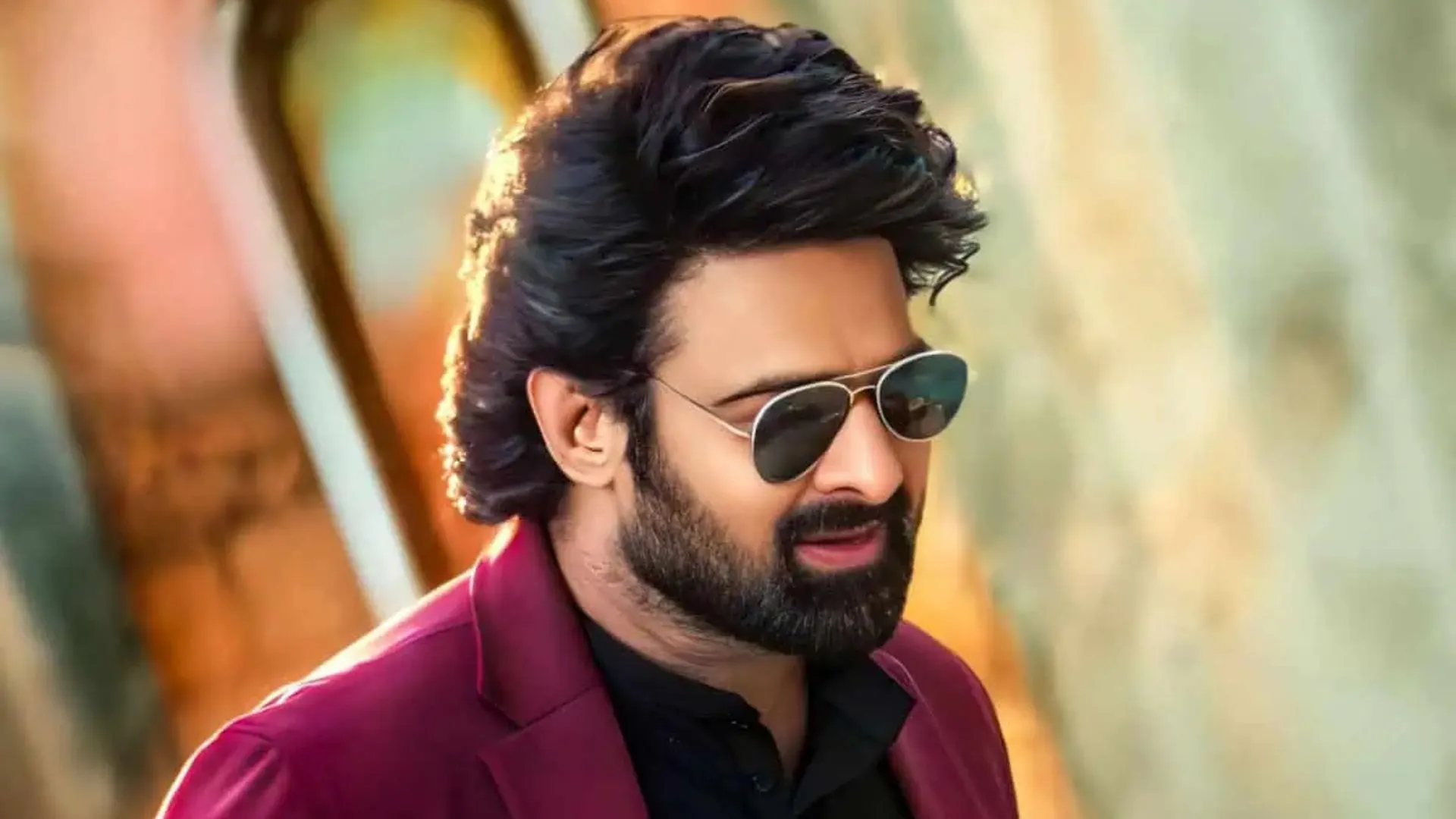When Jeff Bezos and three crewmates including, apart from his brother, an 82-year old woman aviator Wally Funk and an 18-year old Dutch physics student Oliver Daemen lifted off to touch the edge of space and return safely in less than 11 minutes, I wondered about the constant drumbeat: Oh, look! America is declining. Really?
Bezos’ Blue Origin and Elan Musk’s SpaceX have their genesis in Silicon Valley, a place where highly educated immigrants and venture capitalists go to explore new possibilities. I have always marveled why Silicon Valley burgeoned and thrived in the United States; but not in Europe, not in Japan, not in China. Do the American core values articulated in the First Amendment—one of the greatest humanistic utterances born of the European Enlightenment—motivate competitive behavior and the spirit of innovation in the United States? Even Richard Branson thought it was best to test the spaceflight of his Virgin Galactic in America rather than in Britain.
It’s important to discover whether innovation is correlated with freedom, freedom of the marketplace, freedom of speech, and expression. Is innovation a function of what historian Albert Toynbee called “challenge and response”?
Since Edward Gibbon’s monumental classic, The History of the Decline and Fall of the Roman Empire, historians have been saying that the decline and fall of a civilization is inevitable and America will not escape its destiny. But it happens only if a society is closed and its collective mind is shackled by a single dominant ideology or religious orthodoxy, where institutions and platforms for critical self-examination and unrestrained public discourse are not tolerated. This has not happened in the United States despite the political polarization and the 6 January assault on the Capitol. America is an open dynamic self-renewing system. The First Amendment acts as a shock absorber.
A few years ago I had an interesting encounter with a South Korean businessman, let’s call him Chung-He, at the Dartmouth College Hanover Country Club. He was visiting his child at the school. As we sauntered across the course from hole to hole, with all the hits and mis-hits, Chung-He’s random observations, cerebral tweets, about American society fascinated me. He wondered as to how some cultures, especially the United States, let their people breach the “boundaries of permissible thought” and keep their society intellectually vibrant, creative, and innovative.
The Dartmouth golf course had become, in a manner of speaking, like the ancient Greek Agora, a place for dialogue among friendly strangers. The business, political, and cultural value of a golf course is immeasurable because one doesn’t know when a breakthrough idea might occur as a Eureka moment. No wonder golf has been a favorite pastime of presidents, statesmen, diplomats, and business tycoons all over the world. Its regenerative power is immense.
Chung-He said to me, “America is a country of unlimited desires… As a young man, trying something that’s not permissible was very tempting and my mother encouraged me to do so. So today I am a hybrid Christian-Buddhist-Korean global businessman and I see everything interconnected and interdependent. America’s openness creates limitless spaces for everyone and so I feel at home both in South Korea and America.”
Looking at me intensely, Chung-He asked if remembered an American politician’s television interview during which he talked about “the giant sucking sound”? Few other countries, he said, absorb so much brainpower from all over the world as does the United States. But perhaps he was thinking more about Steve Jobs’ Syrian father and American mother, Barack Obama’s Kenyan father, and American mother. “America is becoming more and more mixed-up, mongrelized and hybridized…. more creative, more innovative, and more replenished every day, stronger and stronger,” he said. White supremacy was not on his mind.
Asians love freedom, he said, but they are afraid of free speech, extreme speech, fearless speech that allows Americans to think differently and break the boundaries of what is acceptable. In Asian culture, they have Confucius (the sage of obedience) but no Prometheus (the Greek Titan who defied the gods and stole their fire and gave it to humans for which he paid dearly). They have the conformity and the orderliness of Singapore but not the transgression and disorderly richness of London, Paris, or New York, he said, as the many-splendoured afternoon sun burnished the majestic Hanover Country Club.
American openness has mostly positive consequences. Just think about the Russian immigrant Sergey Brin, who co-founded with Larry Page, Google, now a trillion-dollar market-cap company. Or Indian immigrants who came to America on student visas, for example, Sunder Pichai now heading Google and Microsoft’s CEO Satya Nadella!
Imagine the audacity of a US presidential candidate for the 2020 election Andrew Yang, entrepreneur-philanthropist, for fighting poverty and income inequality, whose Taiwanese parents came to America as students and after getting their PhDs stayed back instead of returning to their native Taiwan! He failed but he opened the doors for many Asian- Americans.
The world has gained new insight for fighting poverty because of the new horizons opened up for field experimental economics by Abhijit Bannerjee and Esther Duflo, 2019 Nobelists (along with Harvard economist Michael Kremer), and authors of Good Economics for Hard Times, who came to America as students and chose to stay on at MIT and enrich global thinking.
‘Dreams die first’, as Harold Robbins titled one of his books but that happens in closed societies. In America there’s always another hill to climb, another dream to pursue and realise. The field of dreams is endless. Just imagine! Systemic racism did not stop Barack Obama, Kamala Harris, Condoleezza Rice, Colin Powell, and General Lloyd Austin, for example, to rise to the top. In America, there’s always room at the top. But Jeff Bezos having reached the top, now wants to build habitations in space.
But why does freedom matter when China’s rise has been so spectacular without freedom? That’s a topic for future discussions.
Narain Batra, the author of ‘The First Freedoms and America’s Culture of Innovation’, and the forthcoming ‘India In A New Key: Jawaharlal Nehru to Narendra Modi’, is a professor of communications and diplomacy, Norwich University, Vermont. The views expressed are personal.
“Dreams die first”, as Harold Robbins titled one of his books, but that happens in closed societies. In America there’s always another hill to climb, another dream to pursue and realise. The field of dreams is endless. Just imagine! Systemic racism did not stop Barack Obama, Kamala Harris, Condoleezza Rice, Colin Powell, and General Lloyd Austin, for example, to rise to the top. In America, there’s always room at the top. But Jeff Bezos having reached the top, now wants to build habitations in space.























